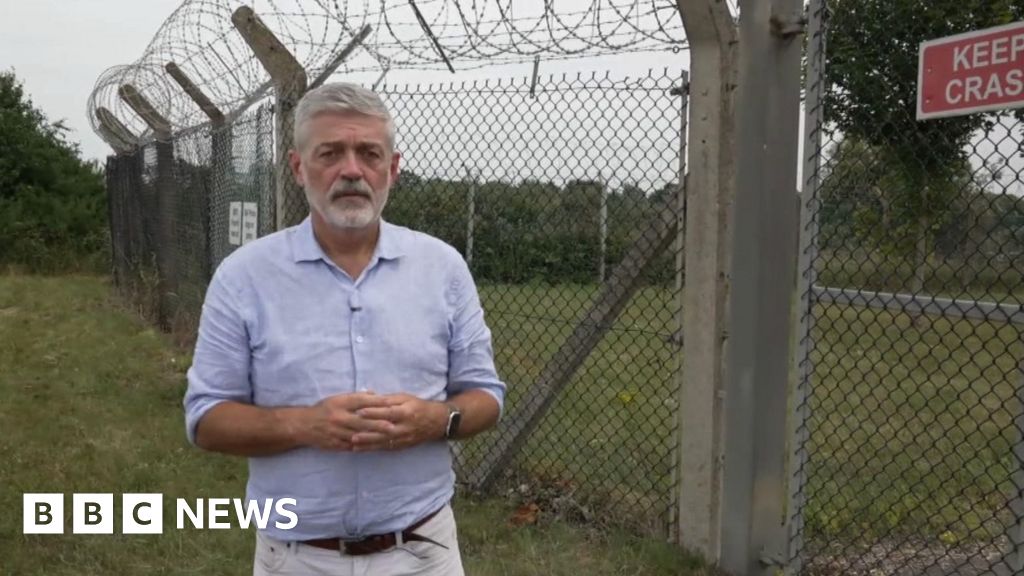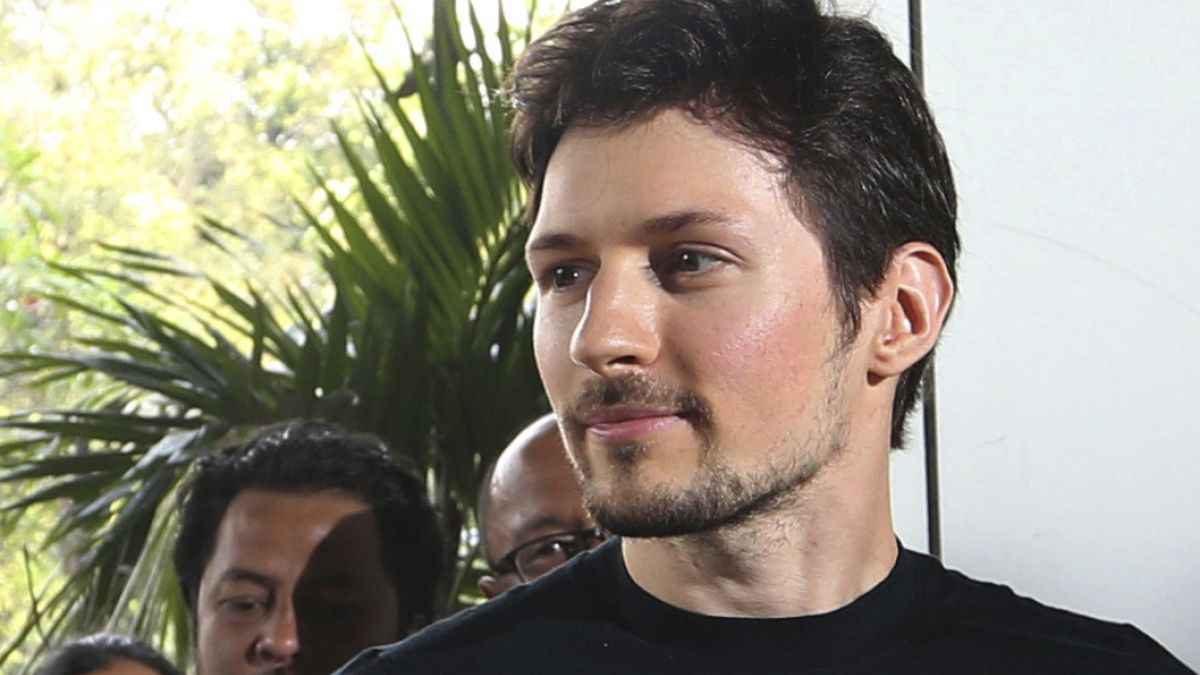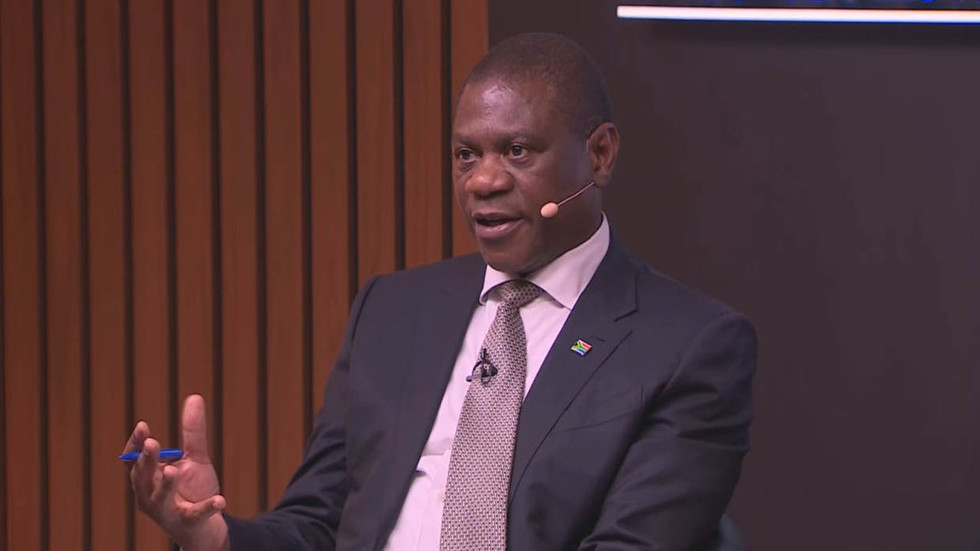By Gavin Blackburn with AP
Published on 20/06/2025 - 15:22 GMT+2
ADVERTISEMENT
The International Atomic Energy Agency (IAEA) said on Friday that an Israeli air strike at the Arak heavy water reactor in Iran also damaged key buildings there, "including the distillation unit."
In a post on X, the IAEA said it had information that the reactor that had been hit was under construction and non-operational, and so contained no nuclear material.
The agency said that at present it has no information to confirm where exactly the complex had been hit.
IAEA chief Rafael Grossi is scheduled to address the UN Security Council later on Friday to update them on the situation regarding Iranian nuclear sites.
Iran’s nuclear programme sits at the heart of the current conflict with Israel, currently in its eighth day, with Israeli officials pledging to destroy what they see as an existential threat to their country.
Iran was previously subject to an international nuclear deal known as the Joint Comprehensive Plan of Action (JCPOA), which saw the country receive sanctions relief in exchange for strict limits on its nuclear activities.
During his first term in office, President Donald Trump withdrew the US from the pact in 2018, slamming it as "the worst deal ever negotiated" and slapping new sanctions on Iran.
Since then, the other signatories to the deal have scrambled to keep Iran in compliance, but Tehran considers the deal void and has continued with uranium enrichment, which at current levels sits at 60%.
That's still technically below the weapons-grade levels of 90%, but still far above the 3.67% permitted under the JCPOA.
Iran maintains that its nuclear programme is peaceful and purely for civilian purposes and that the reactor at Arak will only be used for research and development, medical and industrial isotope production.
Israel, on the other hand, says Tehran is working towards the construction of a nuclear weapon, which could be used against Israel.
Meanwhile, French President Emmanuel Macron said European diplomats will make a "comprehensive, diplomatic and technical offer of negotiation" to Iran in Geneva on Friday as a key response to the "threat" represented by Iran’s nuclear programme.
“No one can seriously believe that this threat can be met with (Israel's) current operations alone," Macron said.
"Why? Because there are some plants that are highly protected and because today, no one knows exactly where the uranium is enriched to 60%. So we need to regain control on (Iran’s nuclear) program through technical expertise and negotiation," he added.
French Foreign Minister Jean-Noël Barrot will coordinate with UK and German counterparts - known collectively as the E3 countries - in Geneva before they meet with Iranian Foreign Minister Abbas Araghchi.
"It's absolutely essential to prioritise a return to substantial negotiations, including nuclear negotiations to move towards zero (uranium) enrichment, ballistic negotiations to limit Iran’s activities and capabilities and the financing of all terrorist groups and destabilisation of the region that Iran has been carrying out for several years," Macron insisted.
Macron also reiterated his call for Israel's strikes on energy and civilian infrastructures and civilian populations in Iran to be stopped.
"There's no justification for that," he said.

 2 hours ago
2
2 hours ago
2









